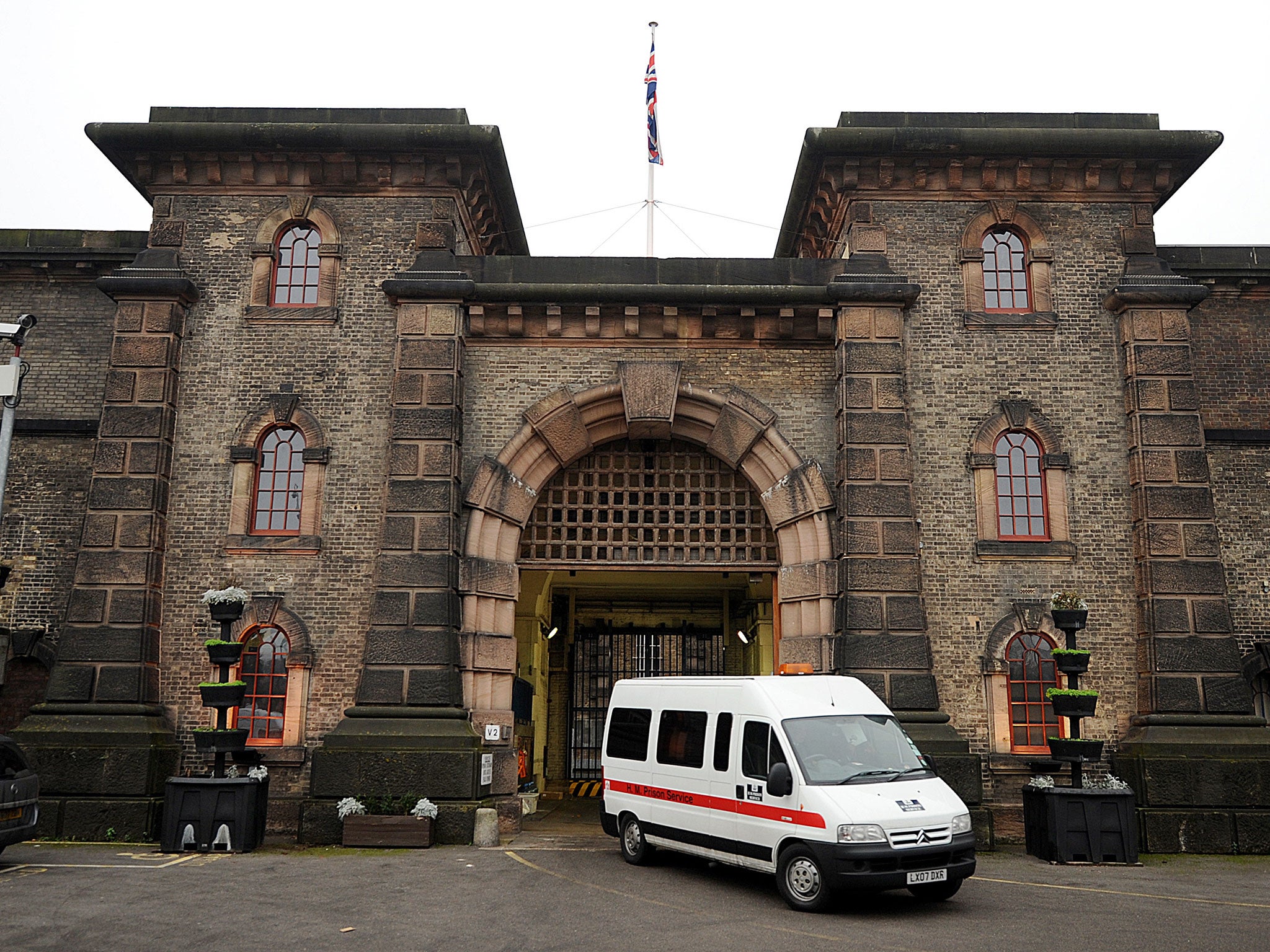ECHR Ruling: In some cases life should mean life
In exceeding the bounds of the European Convention on Human Rights, this ruling only strengthens the case for repudiating the Court in the Conservative manifesto


The European Court of Human Rights ruling that life mustn’t mean life is a disaster for the Court and the Convention that it enforces. It ruled this morning that whole-life tariffs given to Jeremy Bamber and two other British murderers were incompatible with the Convention.
The Court’s argument is a powerful one, namely that the absence of any prospect of release is “inhuman and degrading treatment”, contrary to the European Convention on Human Rights. But it is a mistake, because it is an outstanding example of how the Court has used the idea of the Convention as a “living instrument” to extend the original meaning of its drafters. When the Convention was adopted, after all, the death penalty was still on the statute book in this and other countries.
The Court’s view that even the worst of criminals should be offered the chance of rehabilitation is a noble one. It is an opinion with which I have some sympathy. But it is an opinion; it is a point of view. It is not contained in the words of the Convention and so the judges of the Court have to twist the words “inhuman and degrading” to make them mean what they say they mean.
That brings the Court into disrepute, and offends public opinion in this country. Not just because the Court has exceeded the bounds of the Convention, but because, if the argument for going beyond the words of the Convention were strong enough, it should be enacted by national parliaments. This only strengthens Theresa May and Chris Grayling, who want to put the repudiation of the Court and the Convention in the Conservative manifesto for the 2015 election.
I am a supporter of the Convention and of the UK’s membership of it. In the Abu Qatada case, for example, the Convention forced us to abide by the highest principles - we said we would not tolerate torture under any circumstances, which meant that we could not send him for trial on evidence that might have been obtained by torture.
And I’m a liberal on penal policy. I think prison is often the worst way of dealing with troubled people. But I recognise the force of “life should mean life” in, say, the 49 worst murder cases in this country. And think that going against public opinion over it is a fine illustration of Conquest’s Third Law - the best way to explain the behaviour of an organisation is to assume that it is controlled by a cabal of its enemies. This ruling is precisely what you would expect the ECHR judges to do if they wanted the UK to reject the authority of their Court and thus to undermine its credibility fatally.

Join our commenting forum
Join thought-provoking conversations, follow other Independent readers and see their replies